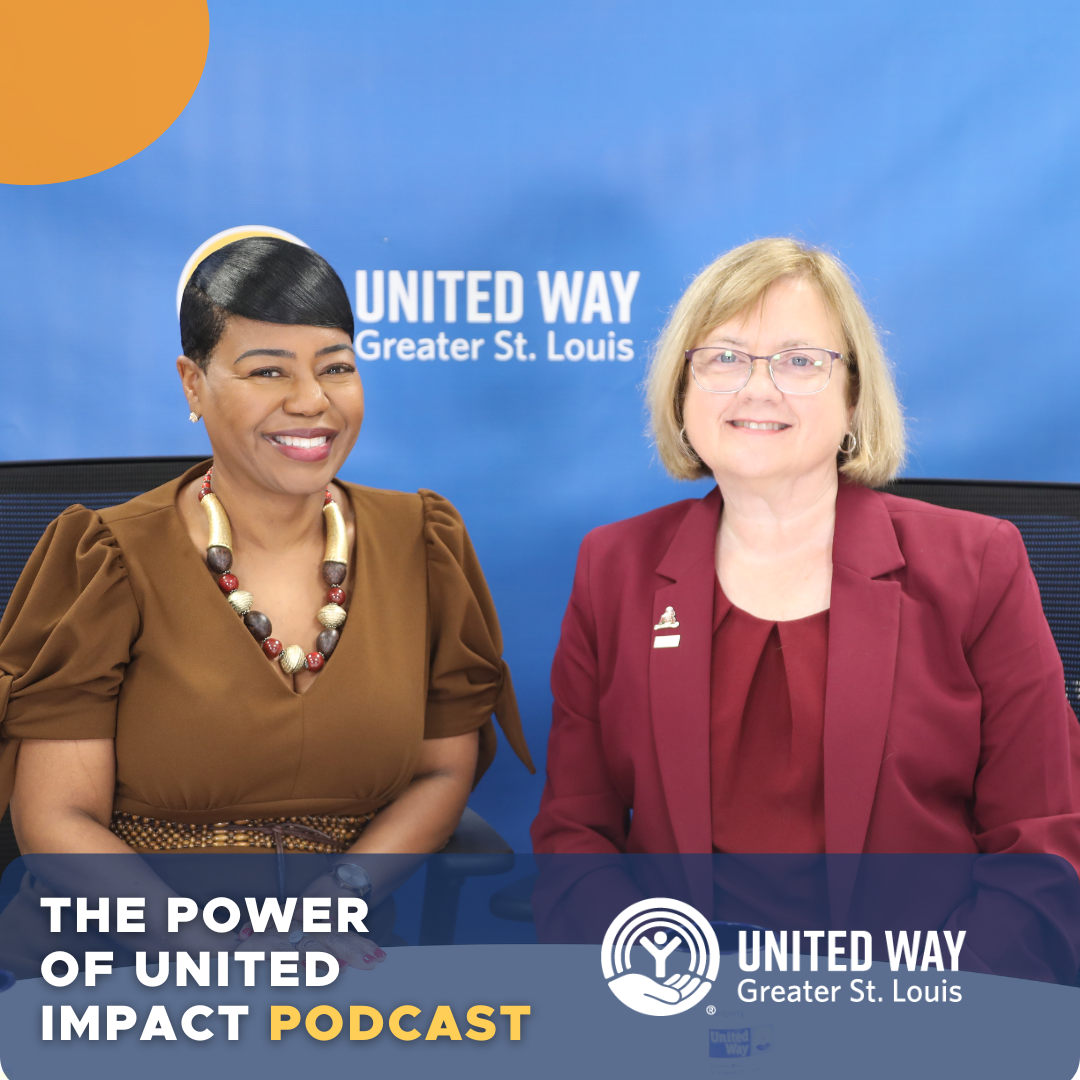Your greatest gift is your legacy. There are many ways to make a charitable bequest. In fact, a bequest is one of the easiest gifts to make. When you create or update your will, trust, retirement plan or life insurance, you can name United Way as your beneficiary or contingent beneficiary.
Legal Name: United Way of Greater St. Louis
Address: 910 N. 11th St. St. Louis, MO 63101
Federal Tax ID Number: 43-0714167
If you need assistance with will planning, United Way of Greater St. Louis partners with FreeWill, a free online tool that guides you through the process of creating a will in just 20 minutes. Begin your legacy using FreeWill today.














